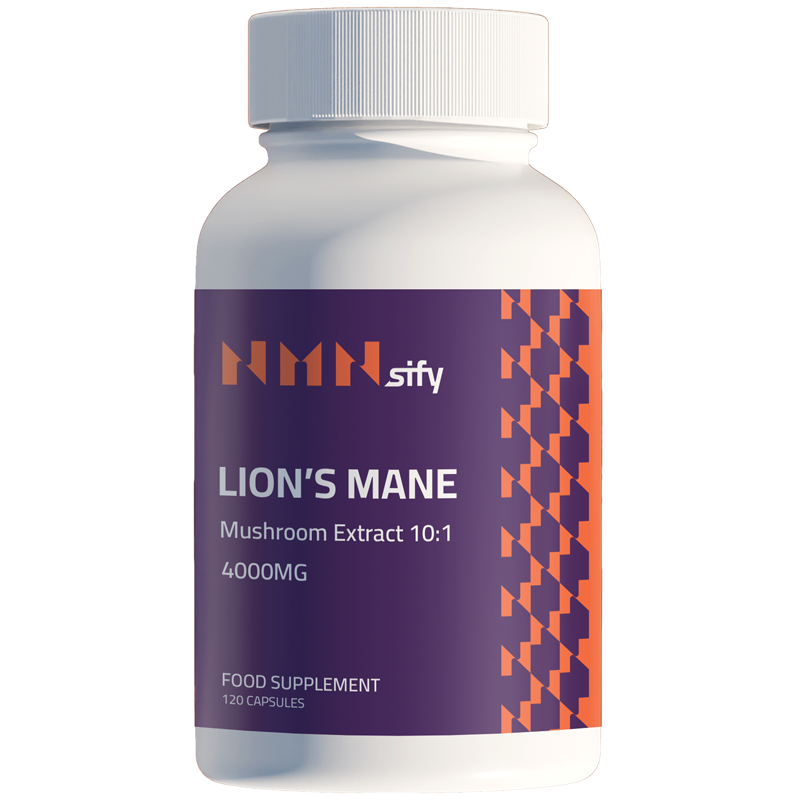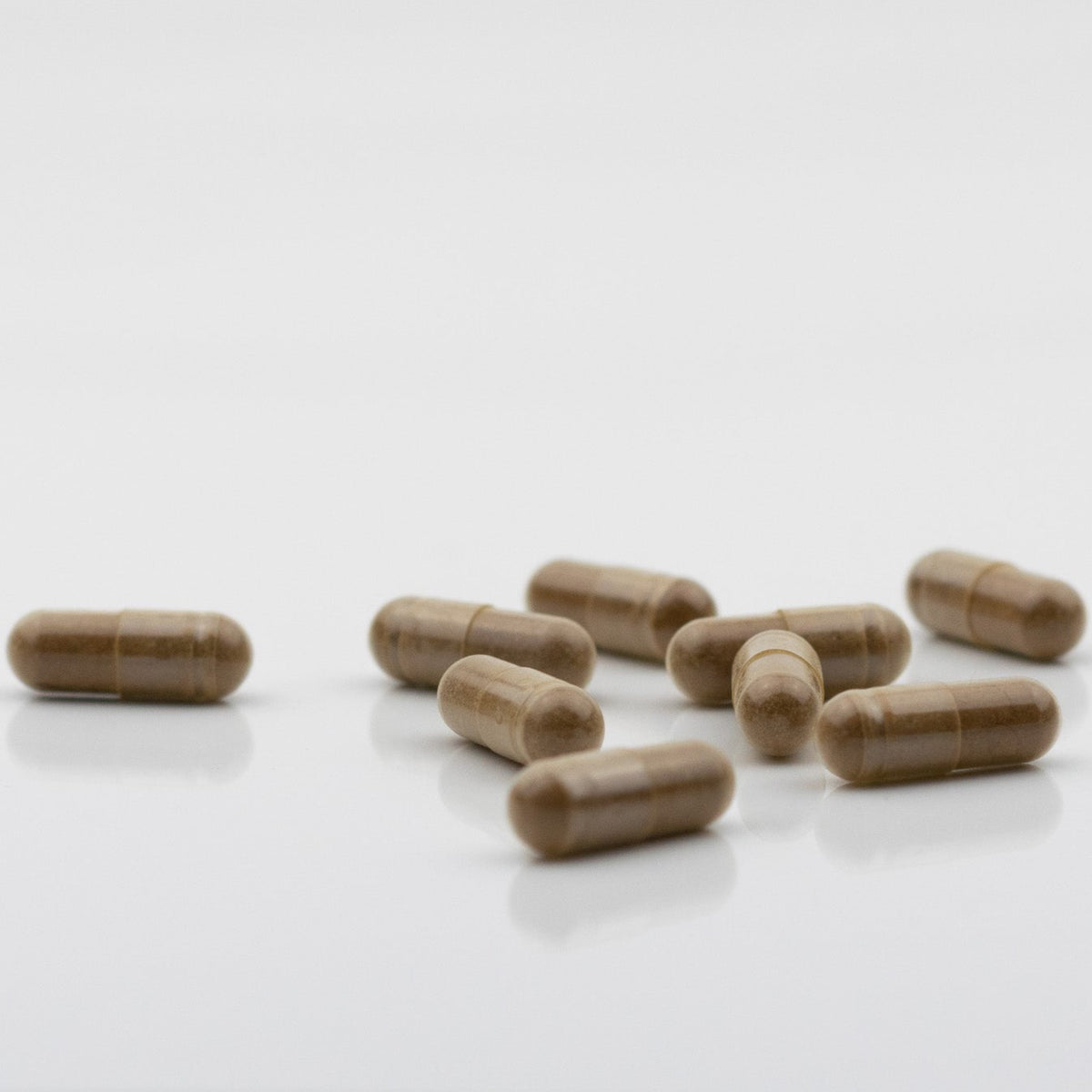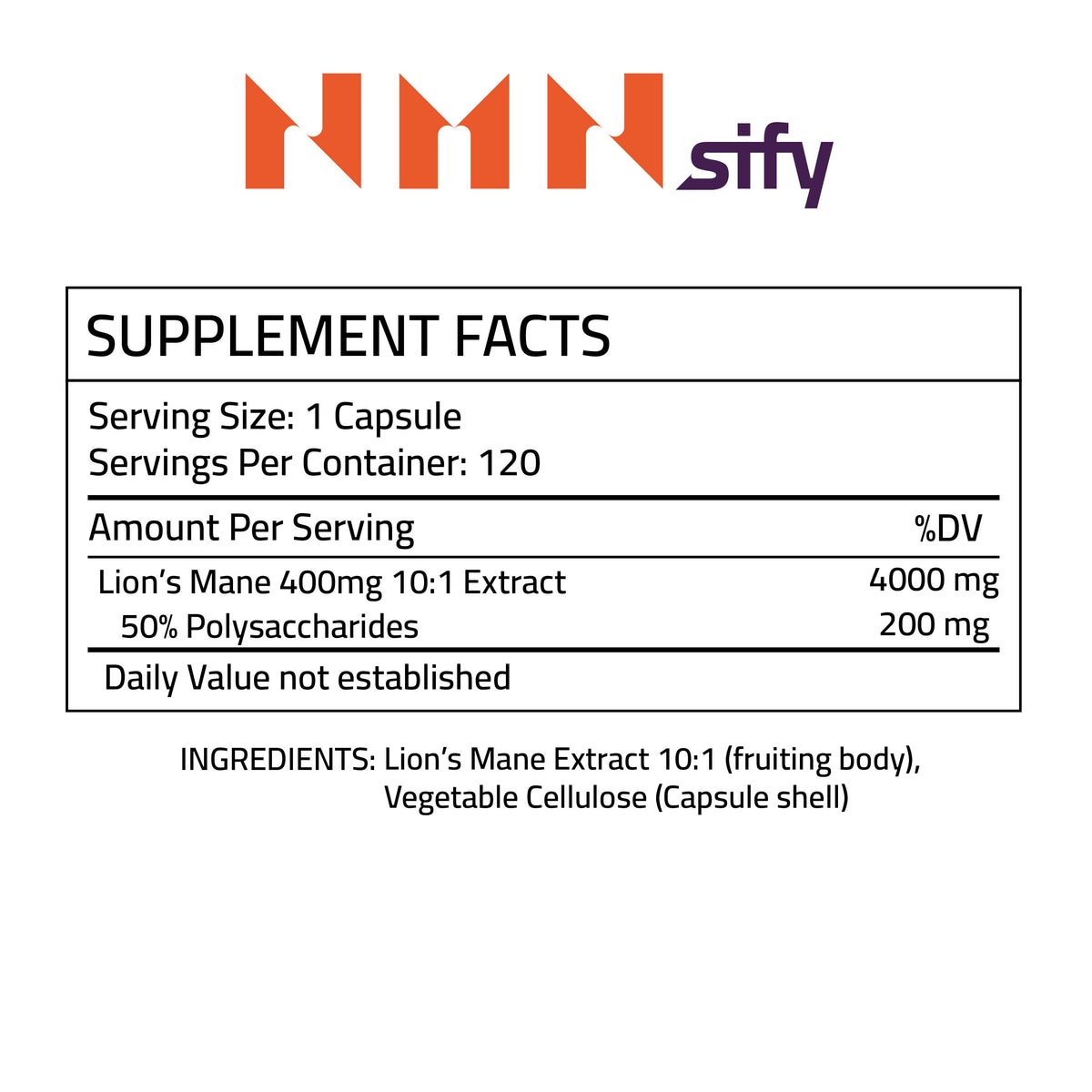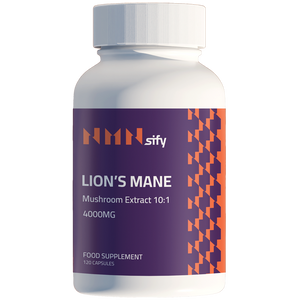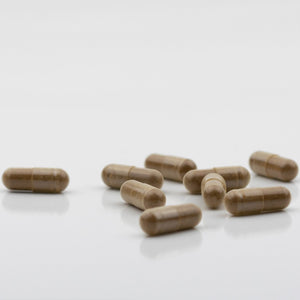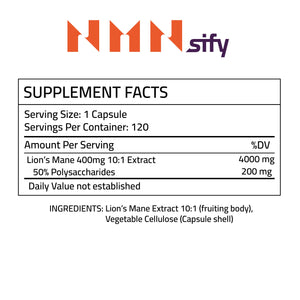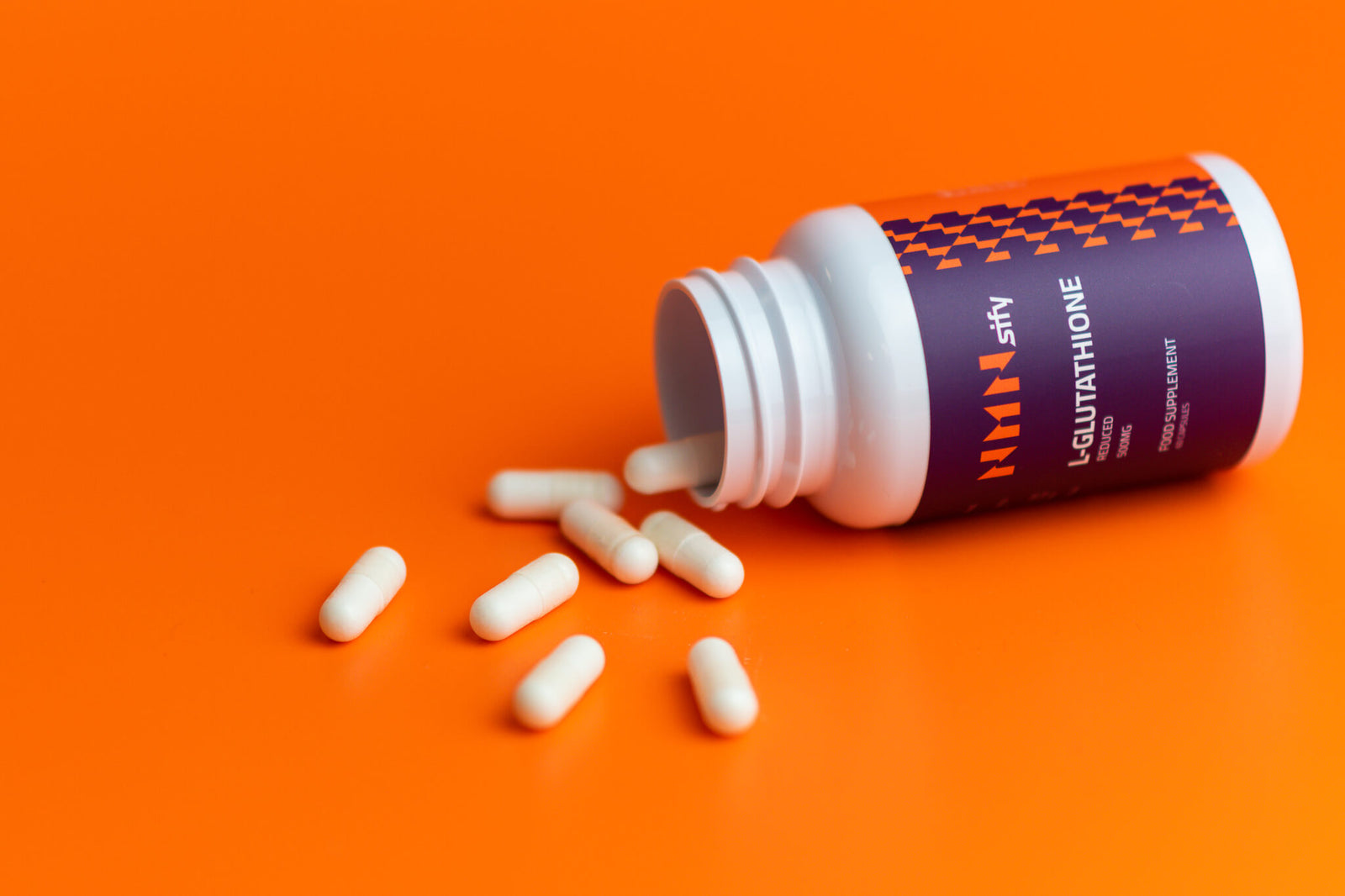Yes, there is scientific research that supports the benefits of Lion's Mane. Multiple studies have been conducted on this unique mushroom, and they have revealed several potential health advantages. One prominent area of study revolves around Lion's Mane's potential neuroprotective effects. It has been shown to stimulate the production of nerve growth factor (NGF), a protein that promotes the growth and maintenance of neurons in the brain. This could potentially enhance cognitive function and protect against age-related mental decline.
Lion's Mane has been found to possess anti-inflammatory properties. Chronic inflammation is linked to various health conditions, including cardiovascular disease, diabetes, and certain types of cancer. By reducing inflammation in the body, Lion's Mane may help lower the risk of these conditions.
Another area of research focuses on Lion's Mane's potential ability to boost the immune system. It contains compounds called polysaccharides, which have shown immunomodulatory effects in studies. These compounds may help strengthen the body's defence against pathogens and diseases.
Additionally, preliminary studies suggest that Lion's Mane may have antidepressant and anti-anxiety effects. This is thought to be due to its ability to increase levels of key neurotransmitters like serotonin and dopamine in the brain, which play a role in regulating mood and emotions. While more research is needed to fully understand these effects, the initial findings are promising.
